Hotel Security Systems: Modern Protection Solutions
Sep 25, 2025
 Mika Takahashi
Mika TakahashiPopular Categories
Hotel Technology & InnovationHotel Operations OptimizationDigital MarketingIndustry TrendsRevenue ManagementHospitality Industry
Popular Categories
Trending Post
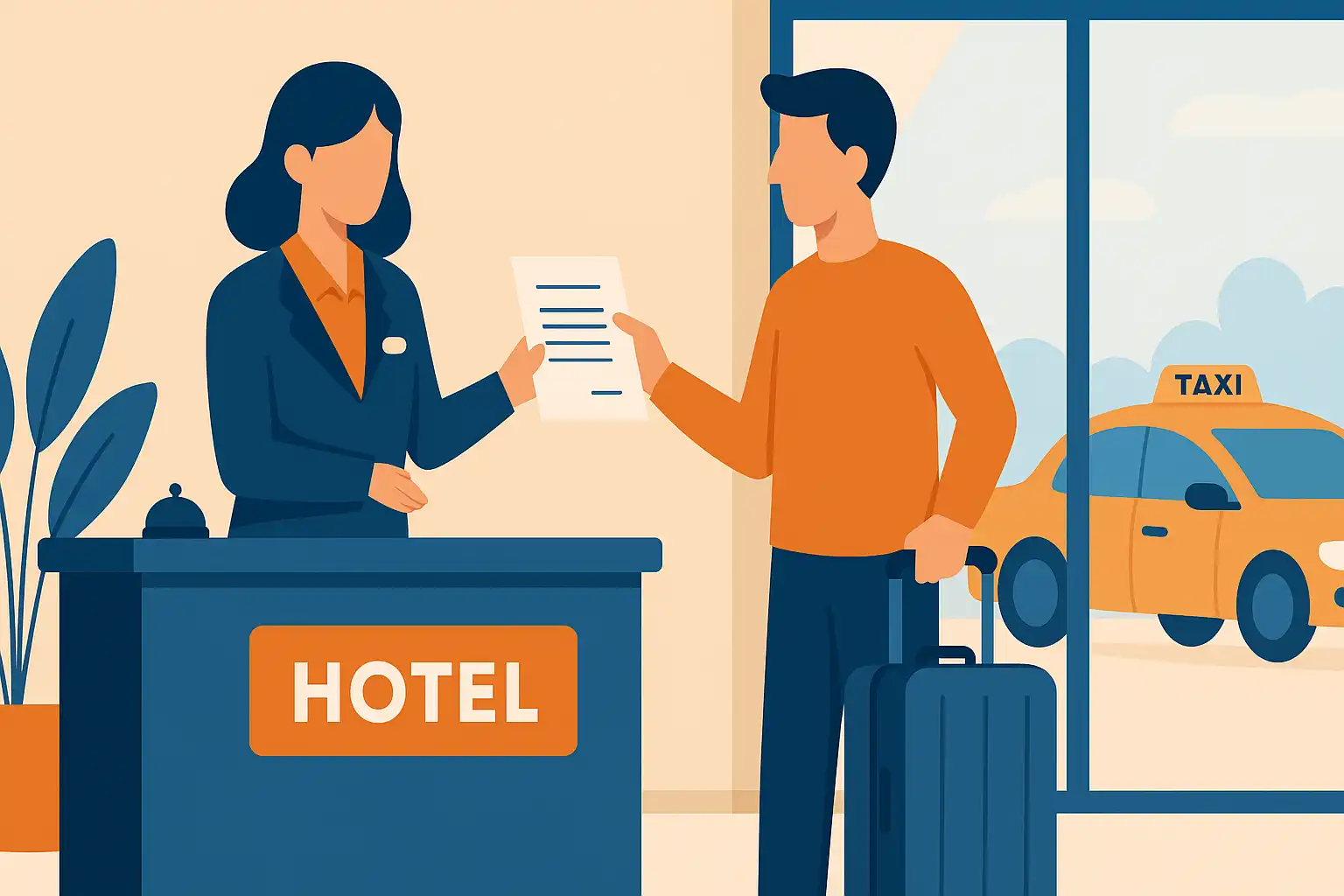
Hotel Walk Letter Template: Professional Guest Communication
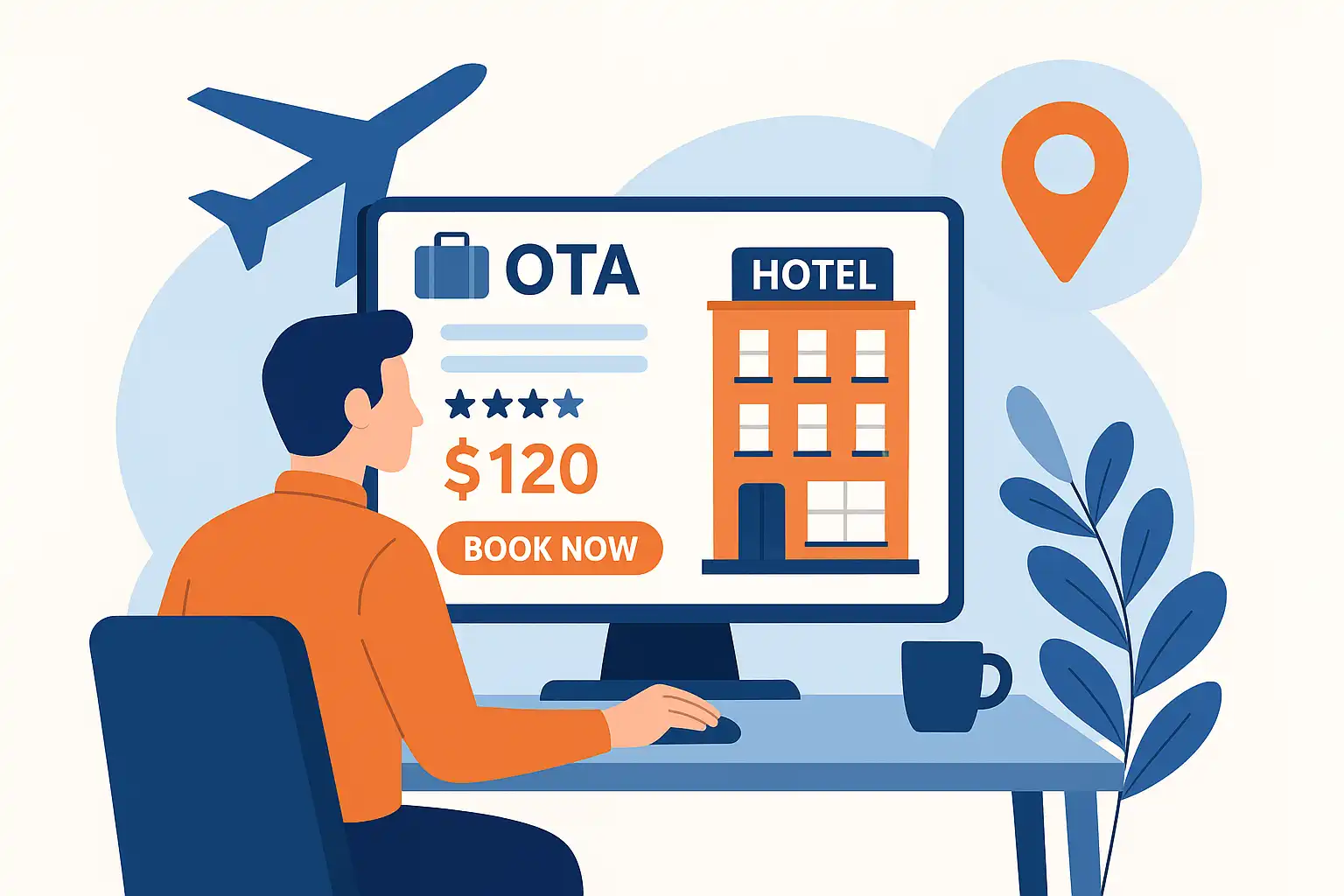
Online Travel Agents: What They Are and How They Work
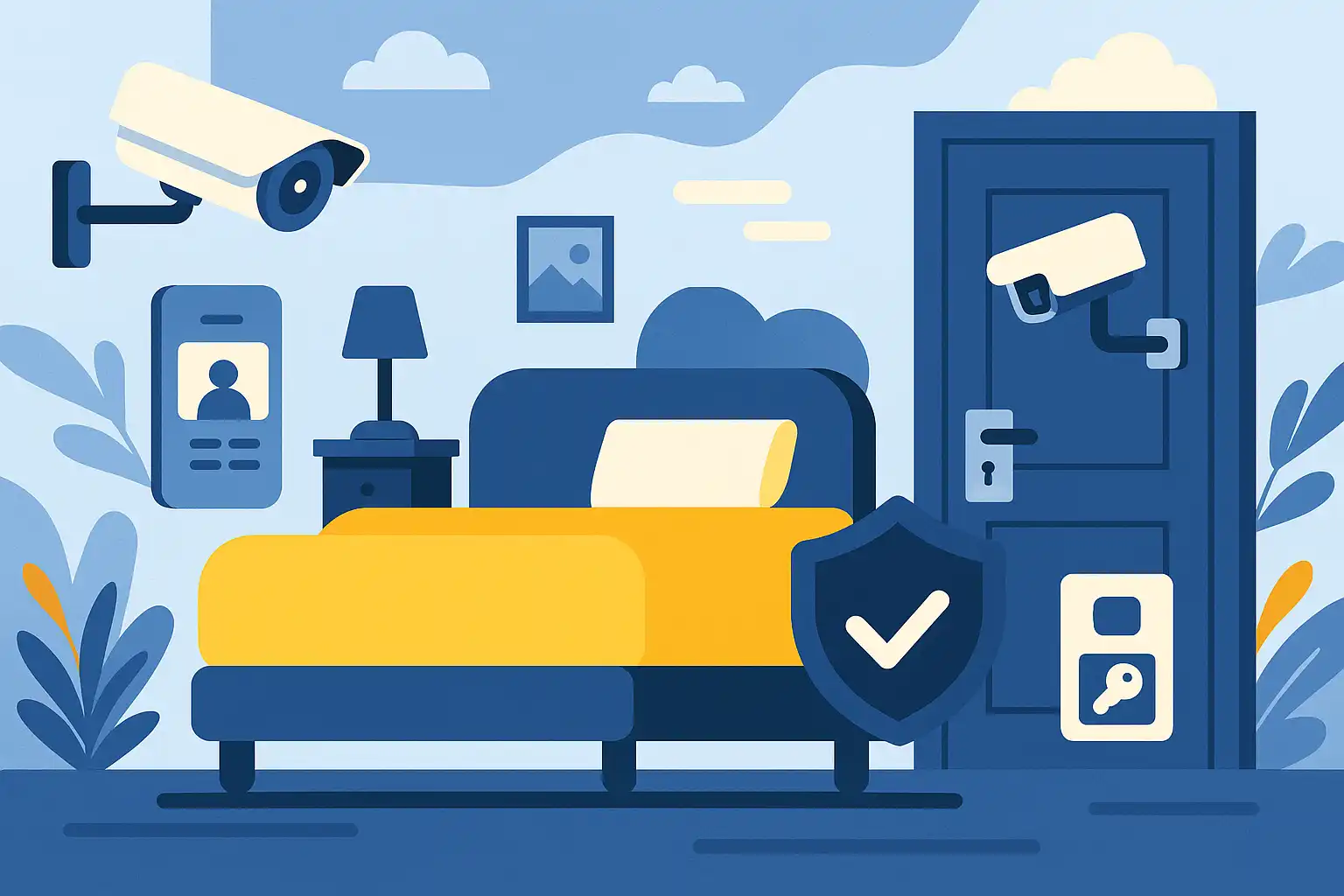
Hotel Security Systems: Modern Protection Solutions

Hotel Advertising: Complete Guide to Boost Bookings and Revenue
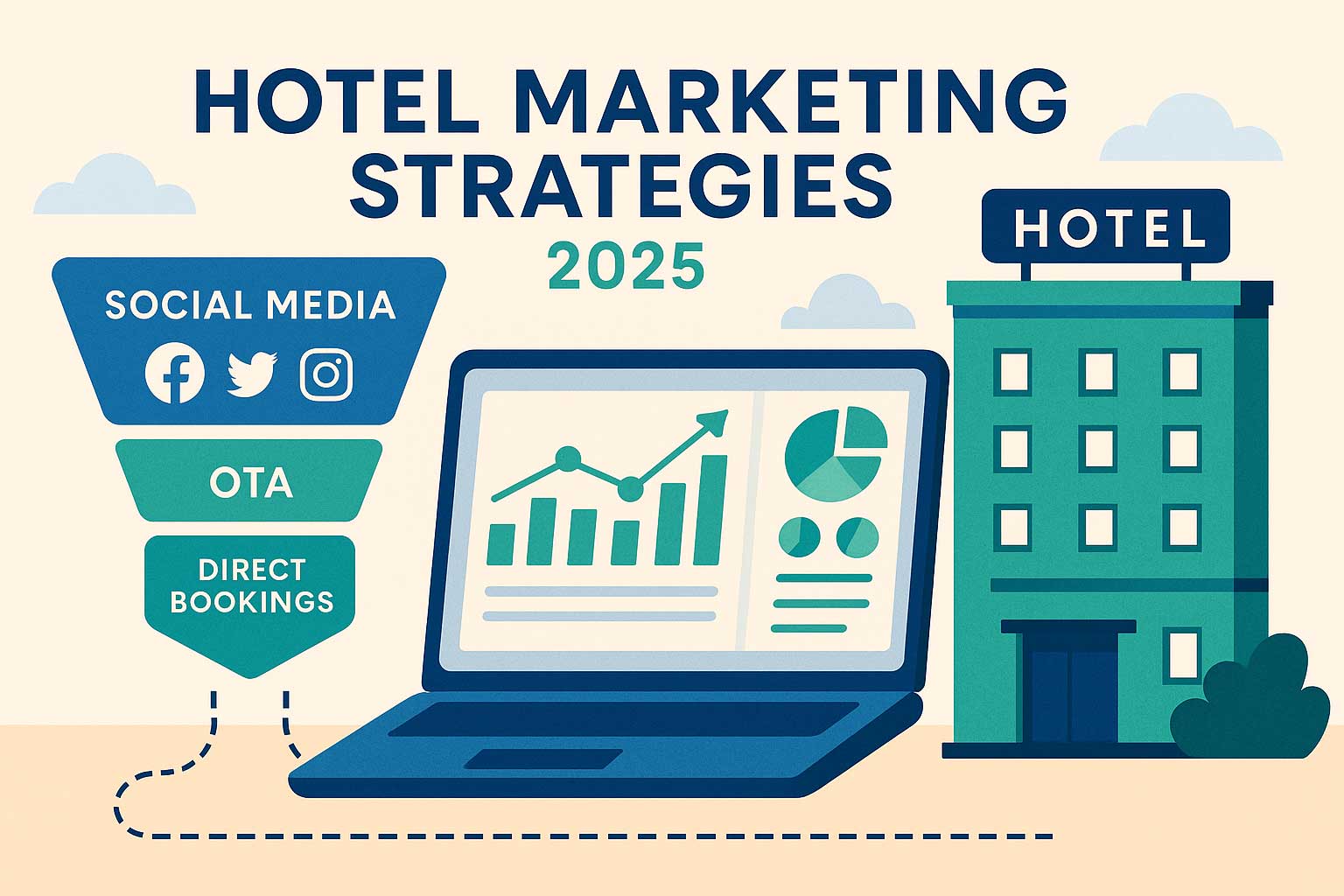
25 Hotel Marketing Strategy Ideas for 2025: Complete Guide

AI Reservation Agent: Revolutionizing Hotel Booking and Guest Experience

PMS Communication: Streamlining Property Management Through Effective Guest Messaging
Table of contents
In today’s interconnected world, the hospitality industry faces security challenges like never before. According to the American Hotel & Lodging Association, a staggering 80% of property crimes happen because of unauthorized access to guest rooms or restricted areas. This makes having strong, reliable security measures absolutely essential to keep both guests and staff safe. Thankfully, modern hotel security systems have come a long way from just relying on security guards and alarms—they’re now sophisticated, integrated networks designed to protect every corner of your hotel.
A reliable hotel security system is the backbone of guest safety, staff protection, and property security, all while maintaining the warm, welcoming atmosphere that guests expect. These comprehensive solutions blend cutting-edge technology with smart strategies to create secure environments that actually enhance the guest experience rather than get in the way.
This guide covers everything hotel managers need to know about modern hotel security systems—from the must-have components and the latest technologies to best practices for implementation and staying on the right side of legal requirements.
What Are Hotel Security Systems?
Hotel security systems bring together a range of technologies—surveillance cameras, access control, alarms, and monitoring software—to keep guests, staff, and property safe. Unlike standalone devices, these systems form a unified network that watches over, controls, and responds to threats across your entire hotel property.
Today’s systems combine physical security devices with AI-powered analytics, cloud-based management, and mobile connectivity, offering comprehensive protection. This means security teams can keep an eye on guest areas, staff-only zones, and private spaces from one easy-to-use interface, all while respecting privacy boundaries.
These advanced systems provide round-the-clock monitoring of sprawling hotel properties with multiple entry points. From parking lots and garages to hotel rooms and restaurants, they create multiple layers of security that deter crime and enable quick emergency responses.
What’s more, integration with hotel management systems means these security tools work seamlessly with your daily operations—keeping guests comfortable and secure without any hassle.

Essential Components of Modern Hotel Security Systems
At the heart of modern hotel security camera systems are high-definition IP surveillance cameras equipped with night vision, motion detection, and facial recognition. These high quality surveillance cameras deliver crystal-clear footage that not only deters theft but also supports law enforcement agencies during investigations.
Electronic access control systems—like keycard readers, mobile key tech, and biometric scanners—protect guest rooms and restricted areas alike. Smart locks and hotel key card systems let hotels control who goes where, while mobile access technology allows guests to use their smartphones as room keys, ditching physical cards but keeping security tight.
Integrated alarm systems cover everything from fire detection and intrusion alerts to emergency panic buttons, ensuring no threat goes unnoticed. These alarms connect to monitoring centers that notify staff immediately if there’s a security breach, medical emergency, or fire anywhere on the property.
A central monitoring dashboard with cloud-based management and real-time alerts lets security teams oversee the entire hotel from one spot. Many platforms include smart video search, helping staff quickly find specific incidents or people amid hours of footage.
Emergency communication systems—like mass notifications and two-way intercoms—help staff respond fast during critical situations, coordinating evacuations or lockdowns smoothly.
Perimeter security devices such as motion sensors, radar detection, and vehicle scanning protect parking lots and outdoor areas. These early warning systems spot potential threats before they even get close to guest areas or hotel operations.
Cutting-Edge Technologies Transforming Hotel Security
Artificial Intelligence and Machine Learning
AI-driven behavior analysis can spot suspicious activities, loitering, or unauthorized access in real time. Modern surveillance systems use machine learning to tell the difference between normal guest behavior and real threats, cutting down on false alarms so security teams can focus on what really matters.
Machine learning also helps prevent fraudulent bookings and catches counterfeit payment attempts by analyzing patterns in reservations, payments, and guest actions before problems arise.
Predictive analytics give security teams a heads-up on potential threats by examining crime trends nearby and hotel-specific incident data, allowing them to take proactive steps.
Automated alert systems filter out false alarms while ensuring genuine security issues get immediate attention. This AI-powered filtering means fewer distractions and faster responses.
Biometric Authentication and Keyless Entry
Fingerprint and facial recognition systems provide secure access to guest rooms, staff areas, and restricted zones—no more worries about lost or copied keycards. These biometric methods offer both security and convenience for authorized users.
Mobile digital keys let guests unlock rooms using smartphone apps, making check-in contactless and hassle-free.
QR code access and retinal scanning add extra layers of security for high-value areas like storage rooms and offices, ensuring only authorized staff get in.
Integration with hotel PMS means access permissions update automatically based on reservation status—guests lose room access when they check out, and new arrivals get instant entry without front desk delays.
Internet of Things (IoT) and Smart Sensors
Connected sensors keep tabs on room occupancy, air quality, and environmental factors to keep guests safe and comfortable. These hotel IoT devices also detect unusual occupancy patterns that might signal security concerns.
Smart smoke and carbon monoxide detectors send instant alerts to security teams and emergency responders, going beyond traditional standalone alarms.
RFID tracking helps monitor hotel inventory and prevent theft by keeping a close eye on valuable assets throughout the property.
IoT integration enables automated responses like adjusting lighting or locking down areas when incidents occur, adding another layer of protection.
Key Benefits of Advanced Hotel Security Systems
Visible surveillance cameras and clear security signage can reduce theft and vandalism by up to 60%, as criminals tend to avoid well-protected properties.
With 24/7 monitoring, incidents and emergencies anywhere on the property get an immediate response. Unlike security guards who can only be in one place at a time, modern surveillance covers every corner continuously.
Recorded footage serves as solid evidence for law enforcement and insurance claims. Video evidence plays a key role in 15-25% of legal claims related to guest losses, injuries, or property damage, helping hotels defend themselves against false accusations.
Visible security measures boost guest confidence and satisfaction, leading to better reviews and repeat visits. Industry surveys show that 64% of guests consider visible security a major factor in feeling safe, which directly influences their likelihood to recommend or return.
Staff protection is critical in high-risk situations like dealing with unruly guests or workplace violence. Panic buttons and monitored areas let employees summon help quickly, reducing injury risks and improving morale.
Hotels with strong security systems often enjoy reduced insurance premiums, thanks to demonstrated risk mitigation and proactive safety measures.
Direct integration with emergency services speeds up response times during critical incidents, saving lives and minimizing damage.
Strategic Camera Placement and Installation Areas
Main entrances and lobby areas are prime spots for monitoring to track everyone coming and going. These busy zones need thorough coverage to spot suspicious behavior before it spreads.
Parking lots and garages benefit from hotel security cameras with license plate recognition to keep an eye on vehicles and prevent theft—these areas are often low-lit and less trafficked, making surveillance essential.
Elevator banks and guest corridors require cameras too, but without invading privacy by looking directly into hotel rooms. Careful placement balances security with respect for guest privacy.
Back-of-house areas like staff entrances, loading docks, and administrative offices need protection to keep employees safe and prevent unauthorized access. These spots often house valuable inventory and sensitive info, making them targets for theft.
Amenity spaces such as pools and fitness centers should be monitored for guest safety while maintaining a relaxed atmosphere.
Stairwells and emergency exits need cameras to ensure safe evacuation routes and prevent unauthorized access to restricted floors.
Perimeter boundaries benefit from thermal imaging and long-range detection to catch threats early—creating a protective buffer around the property.
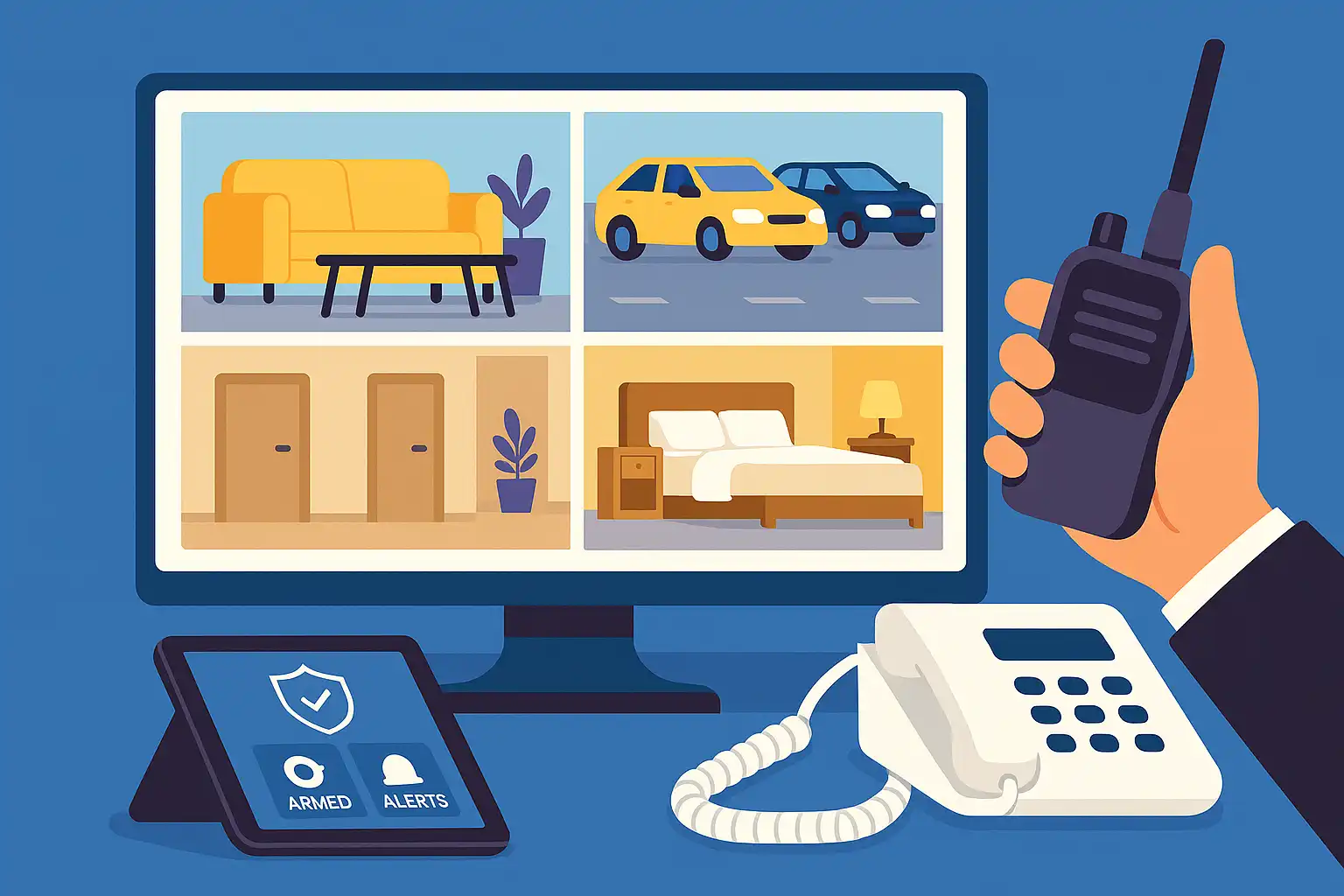
Privacy Compliance and Legal Considerations
Federal and state laws strictly prohibit surveillance cameras in private guest rooms, bathrooms, and changing areas. Hotel security camera laws regulate where cameras can be installed, with serious penalties for violations including criminal charges and civil lawsuits.
For European guests, GDPR compliance means implementing strong data protection and obtaining guest consent for footage retention.
California’s CCPA gives guests the right to access and delete recorded footage upon request. Hotels must keep detailed records of surveillance activities and provide guests with privacy rights.
Most jurisdictions require clear signage notifying guests of surveillance areas, balancing security needs with privacy expectations.
Data retention policies typically limit footage storage to 30-90 days unless there’s an ongoing investigation, with secure storage to prevent unauthorized access.
Staff training on privacy laws and proper system use helps avoid legal issues and guest complaints, ensuring security personnel respect privacy while maintaining safety.
Implementation Best Practices and Common Pitfalls
Professional security assessments help identify blind spots and vulnerable areas before installation, ensuring full coverage without overspending.
Redundant power supplies and backup connectivity keep systems running during outages—critical when emergencies strike.
Regular software updates and cybersecurity measures protect against evolving digital threats, keeping your hotel security technology up to date.
Comprehensive staff training on system use, emergency procedures, and privacy protocols ensures your team can make the most of the technology.
Integration with existing hotel management systems streamlines operations and data sharing, reducing duplication and boosting efficiency.
Avoid common mistakes like inadequate coverage, outdated analog equipment, and poor staff training, which can undermine security and guest satisfaction.
Regular maintenance and performance checks keep all components working reliably, preventing failures when you need them most.
Maximizing ROI Through Strategic Security Investment
Investing in modern hotel security systems pays off through lower insurance costs, fewer losses, and happier guests. Most hotels see a return on investment within 18-24 months thanks to cost savings and increased revenue from improved guest confidence.
Security system integration with hotel operations creates efficiencies beyond safety. Automated access control cuts front desk workload, while surveillance data helps optimize staff deployment and operational improvements.
The hotel industry is moving toward integrated security solutions that enhance, not complicate, operations. Hotels investing in comprehensive security position themselves competitively while protecting their most valuable assets: guest safety and reputation.
Modern hotel security is shifting from reactive measures to proactive protection. By combining advanced technology with strategic planning, hotels create secure environments that support operational excellence and great guest experiences.
Hotel managers thinking about security upgrades should assess current vulnerabilities, compare against industry best practices, and plan implementations that balance security with smooth operations. Investing in robust security protects not only assets but also long-term business success in today’s security-conscious world.
Regular security audits and system updates keep hotel security systems effective as threats and technology evolve. Properties that stay current and plan for the future gain lasting advantages in the competitive hospitality industry.
